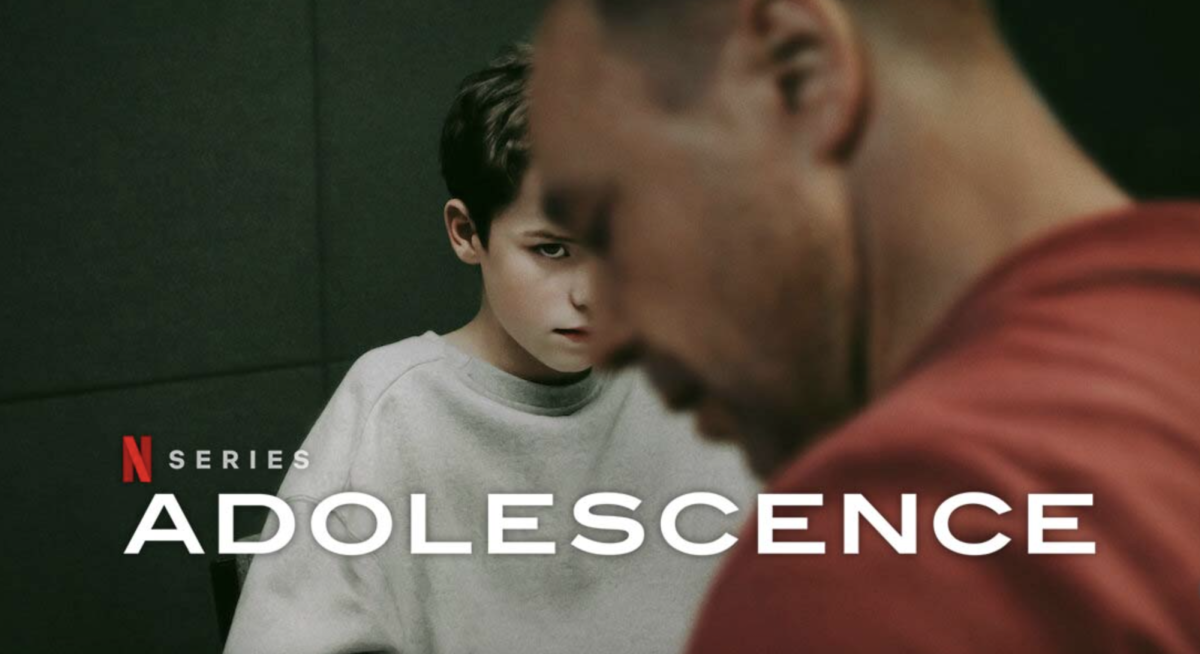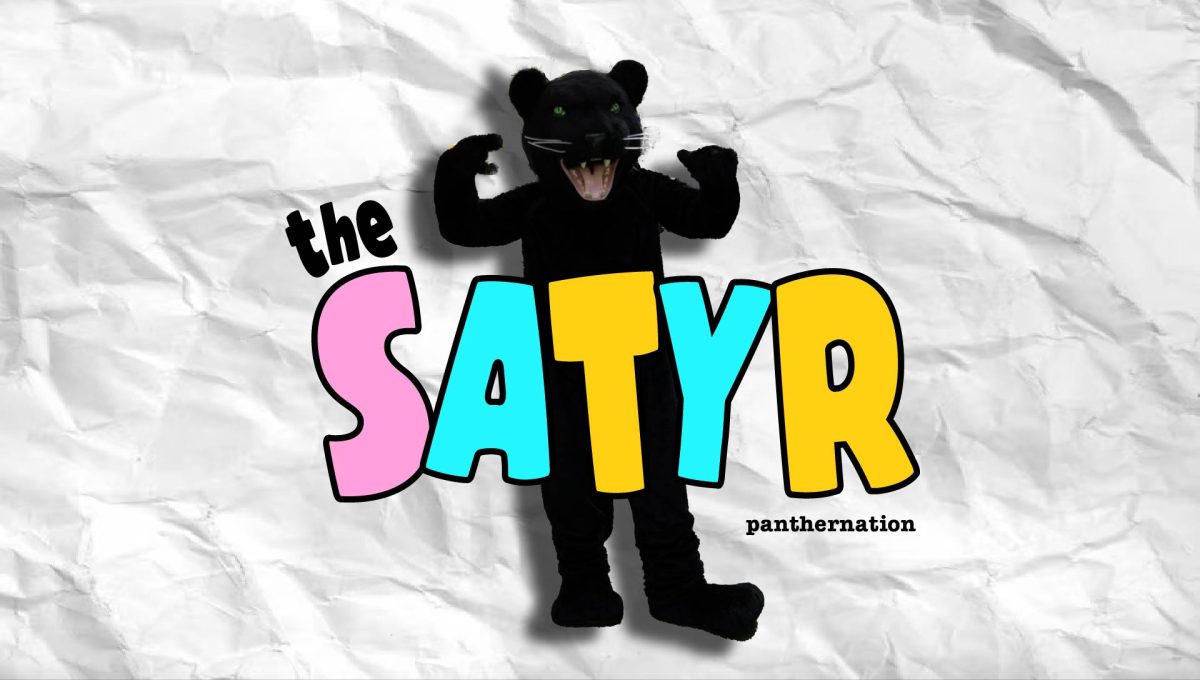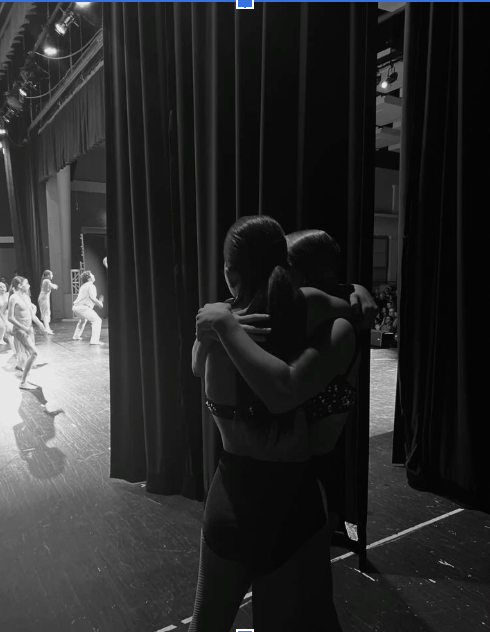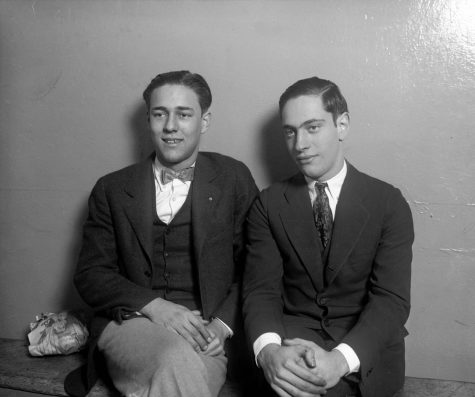 This is a picture of Nathan Leopold and Richard Loeb.
This is a picture of Nathan Leopold and Richard Loeb.
Nathan Leopold (left) had just graduated the University of Chicago and was planning on attending Harvard Law School. From a young age, he was regarded as a genius, and before the age of 20, he could already speak 5 languages fluently.
Richard Loeb (right) was similarly smart. He had skipped several grades throughout school, and ended up becoming the University of Michigan’s youngest graduate at only 17 years old. Despite this, however, he was described by others as unmotivated and indolent.
The two became close friends at the University of Chicago, thanks partially to their shared interests in crime and philosophy.
This is where the story gets interesting.
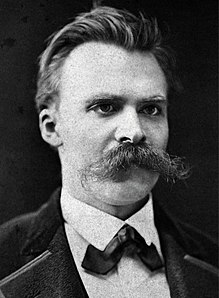
The pair ended up developing a strong fascination towards the philosophy of German philosopher Friedrich Nietzsche, particularly the concept of an übermensch, or ‘superman’. According to Nietzsche, a ‘superman’ was a transcendent individual who was so exceptional that they did not have to abide by the norms and limitations set by society.
Soon, the pair became obsessed with the idea of being ‘supermen’, and convinced themselves that they fit this category. So, under the belief that they did not have to conform by society’s normal standards, they began committing crimes. Slowly, these crimes escalated from vandalism to theft to arson. However, their crimes continued to remain unnoticed.
Disappointed, they decided to up the stakes.
They would spend the next 7 months planning the abduction and murder of 14 year old Bobby Franks, a family friend of Loeb’s.

On May 21st of 1924, the pair offered Franks a ride as he was walking home from school. Franks, who had played tennis with Loeb in the past, agreed.
Leopold drove in the front, Franks sat in the passenger’s seat and Loeb sat in the back. Taking out a chisel, Loeb struck Franks several times in the head from behind, and then dragged him to the back of the car, where Franks would soon die.
From here, they took Franks to an isolated lake and poured hydrochloric acid over his body in order to make identification more difficult.
Afterwards, the pair tried to pass off Franks’ disappearance as a kidnapping, sending a ransom note to Franks’ wealthy parents. However, this plan fell apart soon after Franks’ body was discovered.
As a result, Leopold and Loeb disposed of the robe they had used to transport the body and the typewriter that they had used for the ransom note, continuing on with their normal lives.
However, after a pair of Leopold’s glasses were found near the body, and the typewriter was recovered, the two were called in and questioned. After the pair’s alibi fell apart, police got confessions out of both of them – though in their respective recollections, both claimed to have been driving.
Overall, the pair referenced ‘the thrill of the kill’ and Nietzsche’s philosophy as their primary justifications. Leopold went as far as to call the murder an “experiment”, or a test of intellect.
After hiring renowned criminal attorney Clarence Darrow (who in his famous concluding speech stated “It is hardly fair to hang a 19-year-old-boy for the philosophy that was taught to him at the university”), a 32 day trial ensued. Both men were eventually sentenced to life imprisonment + 99 years for murder and kidnapping.
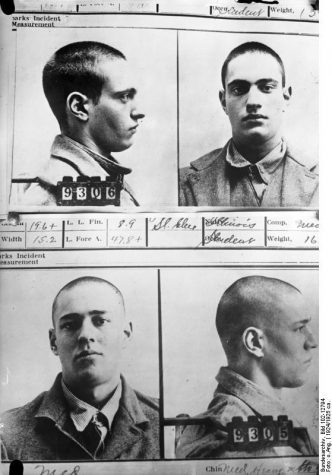
In prison, Loeb was eventually murdered by fellow inmate James Day after a dispute (that was rumored to be sexual), and Leopold ended up writing a book titled “Life Plus 99 Years” (that did not discuss any details regarding the murder itself or Leopold’s childhood).
Leopold was eventually be granted parole after 33 years of life as a ‘model prisoner’ that involved helping the prison library and education system. After parole, he moved to Puerto Rico where he got married and worked as a laboratory assistant and then a teacher. He later died of a heart attack at 66.
While the end of their lives may not have been as intriguing and interesting as their teenage years (Leopold and Loeb were 19 and 18, respectively, at the time of the murder), it is safe to say that the legend of Leopold and Loeb will not soon be forgotten.
In fact, several movies have been made based off of this story, most notably Alfred Hitchcock’s Rope from 1948 (a movie that is also known for having taken place in a single room).
The idea of committing a murder based on philosophical justifications is as terrifying as it is fascinating, so be sure to share your opinions on this in the comments below.

